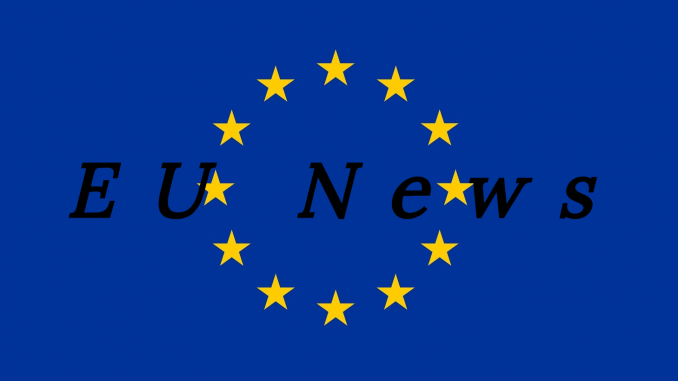
At the beginning of August, the US reimposed sanctions on Iran, as promised by Trump.
Artículo disponible en Español | Article disponible en Français
In 2015, a deal was reached between the EU, the US and Iran, forcing Iran to halt its nuclear program in exchange of economical sanctions being lifted. This deal, known as Iran’s Nuclear Deal, was the result of 12 years of negotiations between Iran, the US and the EU. At the end of 2017, US President Donald Trump decided to threaten leaving the agreement, accusing Iran of not respecting the agreed conditions.
This threat became a reality a few months ago, in May, when Trump exited the deal, threatening to reimpose the sanctions, and furthermore, putting in danger investments made by EU companies in the Middle East country.
The sanctions will be put back in parts, with some already put back the 7th of August, and the second part expected to be put back on the 5th of November. The sanctions from the 7th of August affected Iran’s capabilities of buying of US dollars, restrictions on gold and other metals, restrictions on purchasing Iranian debt and goods, its automotive sector and others. Companies with investments in the country temporarily froze them, to see how the situation evolved from there. The next round of sanctions that come in effect in November will affect the purchase of Iranian oil, potentially affecting countries purchasing it.
Critics of the US move point that, historically, strong sanctions against a country will only isolate it and reinforce the ruling government or regime, due to their ability of controlling the few key resources the country disposes of. Sanctions also impoverish the population, destroying the economy and increasing criminality. On top of this, sanctions make the society more conservative, with a rise in Islamism and extremism.
Some say Trump’s goal is a change of regime in Iran, except, as mentioned earlier, sanctions usually reinforce the existing regime. There does seem to be Iranians asking for the EU to stop trading with Iran, although it is unclear if isolating the country economically would bring a regime change, especially taking account of the already existing repression.
The EU had already been preparing for the sanctions. Unable to dissuade Trump, the European Commission had to update an old regulation from 1996 that protected European companies doing trade with Cuba from US sanctions. This regulation, known as the “EU Blocking Statute”, allows EU companies and individuals who are doing business in Iran to recover damages arising from the US sanctions and protects them from foreign court rulings. This statute also forbids EU companies from complying with US sanctions, unless authorised by the European Commission. The statute comes with severe drawbacks, as European companies trading in the US can still be penalized.
More on this subject:


